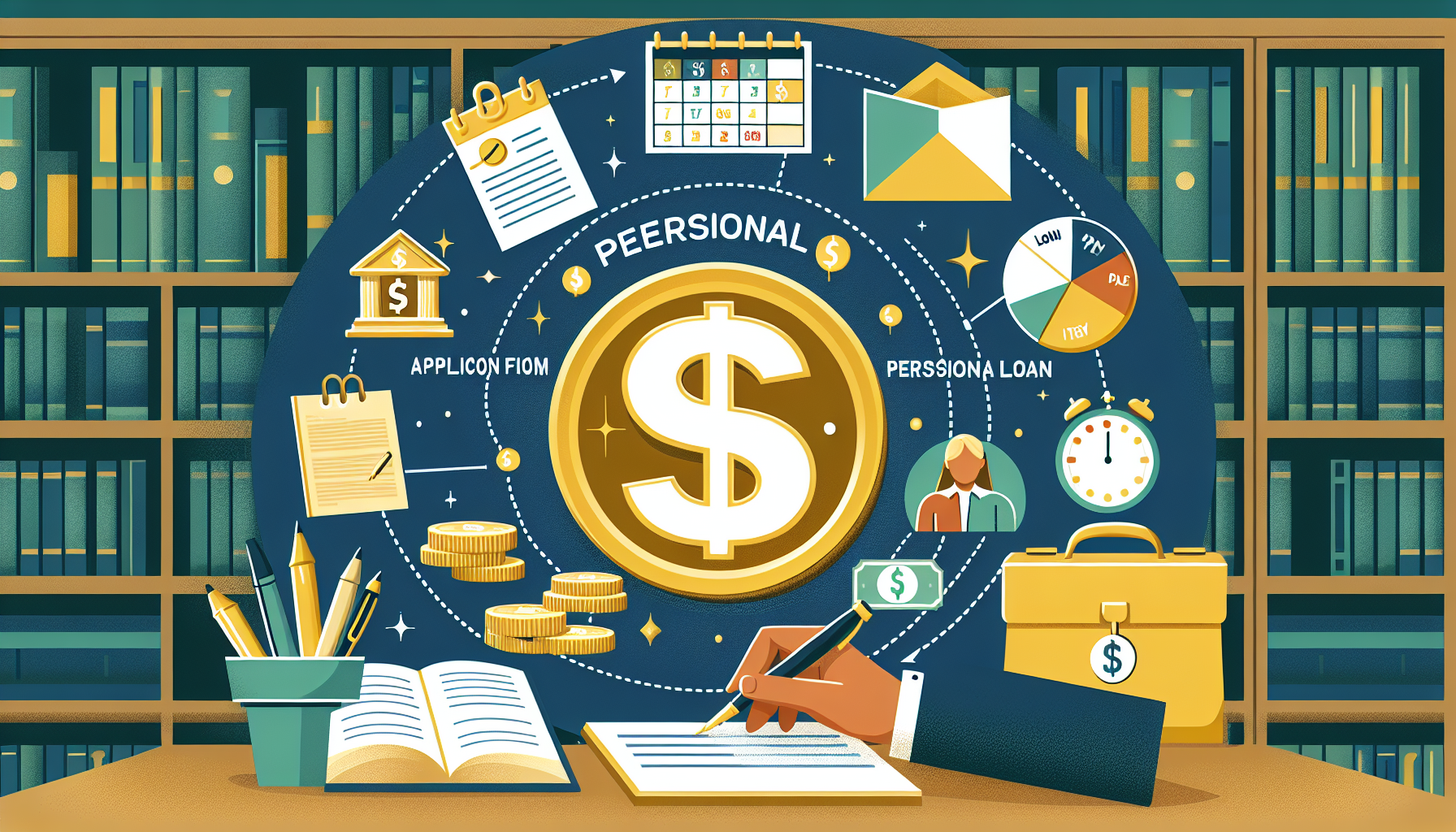Personal loans are a financial tool that can offer a lifeline during times of need or provide the necessary funds for significant purchases. Whether you’re looking to consolidate debts, finance a major event, or cover an unexpected expense, understanding the nuances of personal loans can empower you to make informed decisions. This comprehensive guide will walk you through the key facts about personal loans and help you navigate the application process with ease.
Decoding Personal Loans: Key Facts You Need to Know
Personal loans are unsecured loans, meaning they don’t require collateral. Unlike home or auto loans, where the asset itself is used as collateral, personal loans are granted based on your creditworthiness alone. This makes personal loans a more accessible option for individuals without significant assets to put up as security. However, the lack of collateral also means that interest rates can be higher compared to secured loans, as lenders take on more risk.
Interest rates on personal loans can vary widely, often influenced by factors such as your credit score, income, and the amount you wish to borrow. Borrowers with excellent credit can secure lower interest rates, making the loan more affordable over time. Conversely, those with lower credit scores may face higher rates, which can significantly affect the total cost of the loan. It’s crucial to shop around and compare offers from different lenders to find the best rate that fits your financial situation.
The repayment terms for personal loans are typically fixed, ranging from one to seven years. Fixed terms mean you’ll have a set monthly payment, which can help with budgeting and financial planning. However, it’s essential to understand the implications of the term length you choose. Shorter terms will result in higher monthly payments but lower overall interest costs, while longer terms will reduce your monthly burden but increase the total interest paid over the life of the loan.
Navigating the Application Process with Ease
Applying for a personal loan may seem daunting, but breaking it down into manageable steps can simplify the process. Start by assessing your financial situation and determining how much you need to borrow. Be realistic about your ability to repay the loan, considering your current income, expenses, and any existing debt. This initial assessment will help you avoid over-borrowing and ensure that you’re taking on a loan that you can comfortably manage.
Next, gather the necessary documentation. Lenders typically require proof of identity, income, and residence. This may include your driver’s license or passport, pay stubs or tax returns, and utility bills or lease agreements. Having these documents ready can expedite the application process. Additionally, check your credit report for any inaccuracies that could affect your loan approval. Correcting errors ahead of time can improve your chances of securing a favorable loan.
Once you’re prepared, it’s time to shop around for the best loan terms. Use online comparison tools to evaluate offers from multiple lenders, including banks, credit unions, and online lenders. Pay close attention to interest rates, fees, and repayment terms. Some lenders may also offer pre-qualification, which allows you to see potential loan terms without impacting your credit score. When you’ve found a suitable option, submit your application and wait for approval. Lenders may take a few days to review your application and provide a decision. If approved, carefully review the loan agreement before accepting the terms.
Understanding personal loans and navigating the application process doesn’t have to be overwhelming. By familiarizing yourself with the key facts and following a structured approach to applying, you can secure a loan that meets your needs without jeopardizing your financial stability. Armed with this comprehensive guide, you’re now better equipped to make informed decisions about personal loans, ensuring that you achieve your financial goals responsibly and confidently.


Related Posts :
What is a Personal Loan?How to Personal Loans Work
Guide to Refinancing Your Personal Loan: Tips and Steps
How to Secure a Personal Loan Even with Bad Credit
Securing Loans with a 550 Credit Score: What to Know